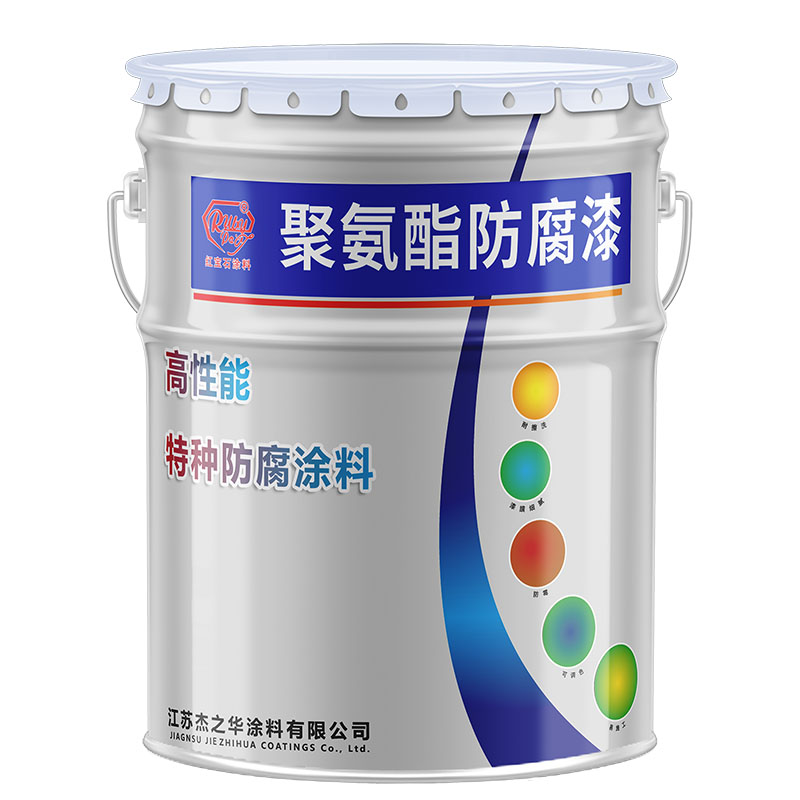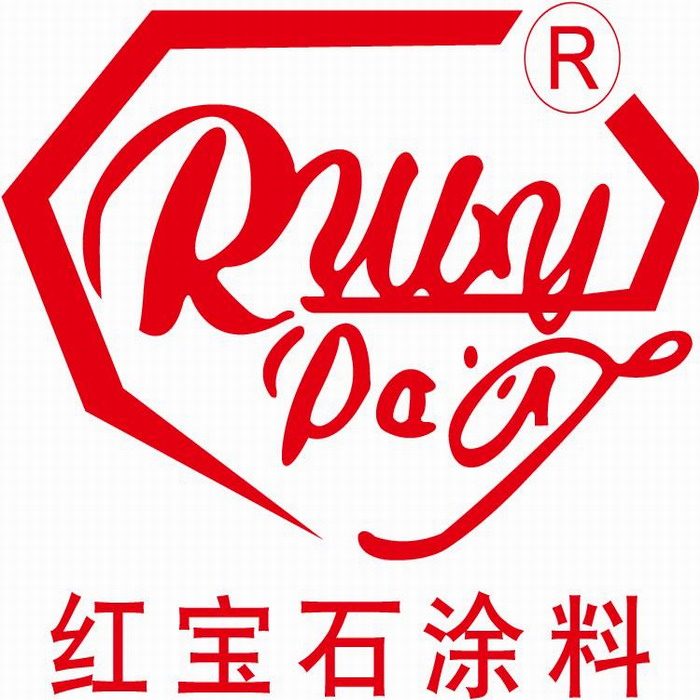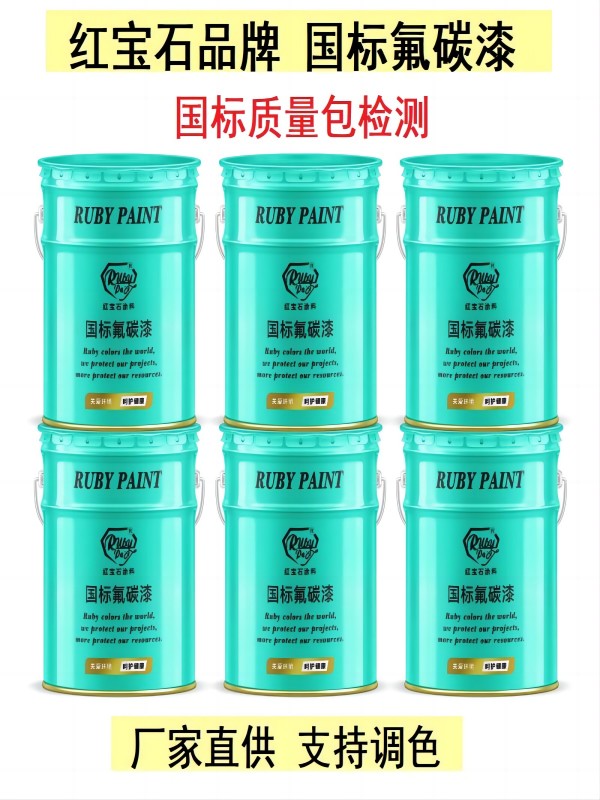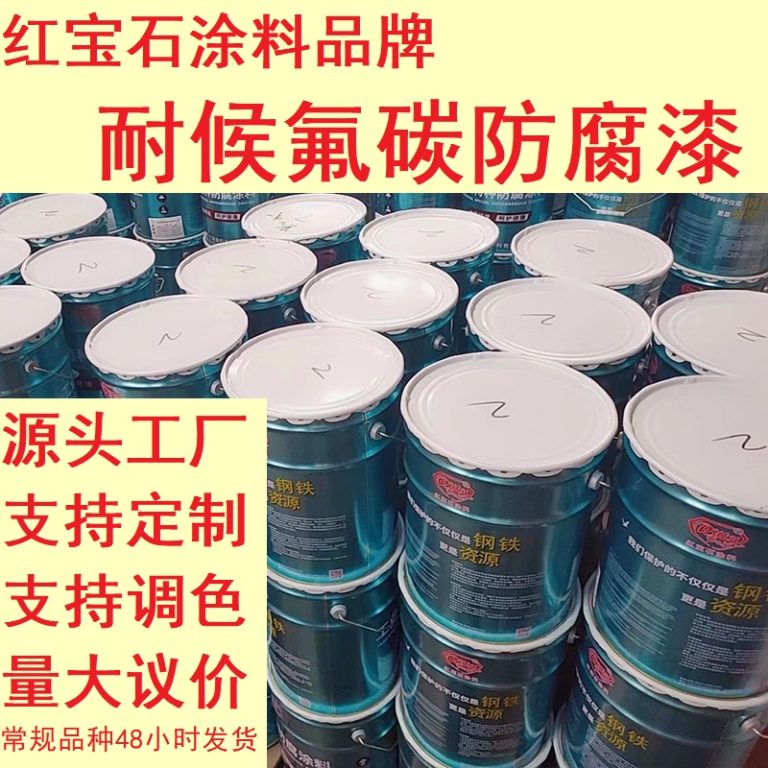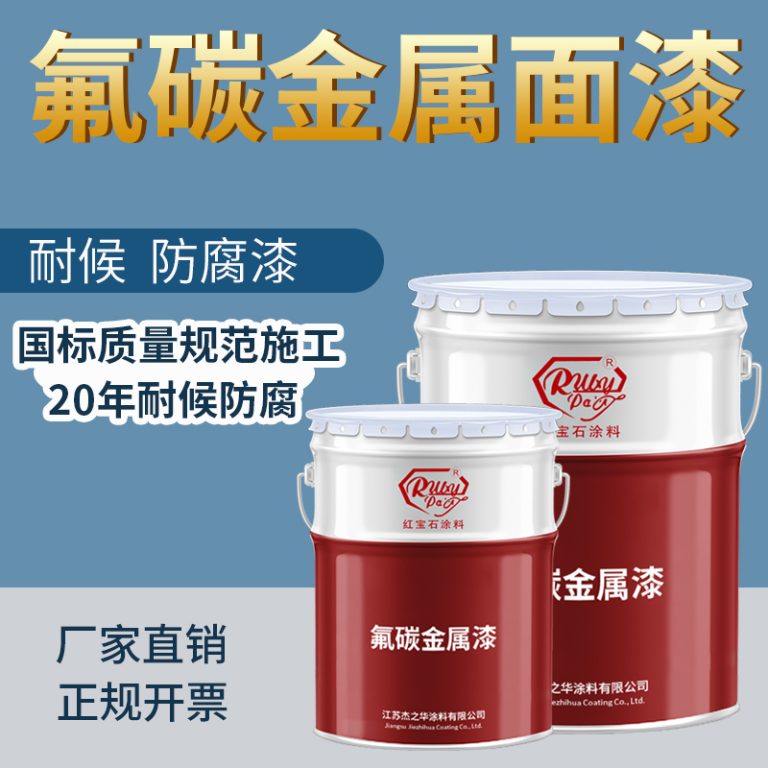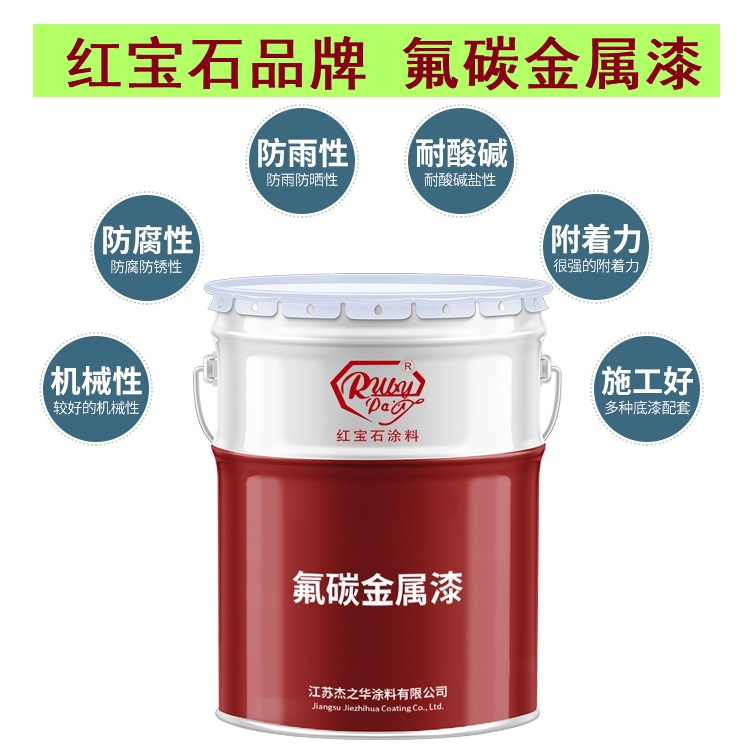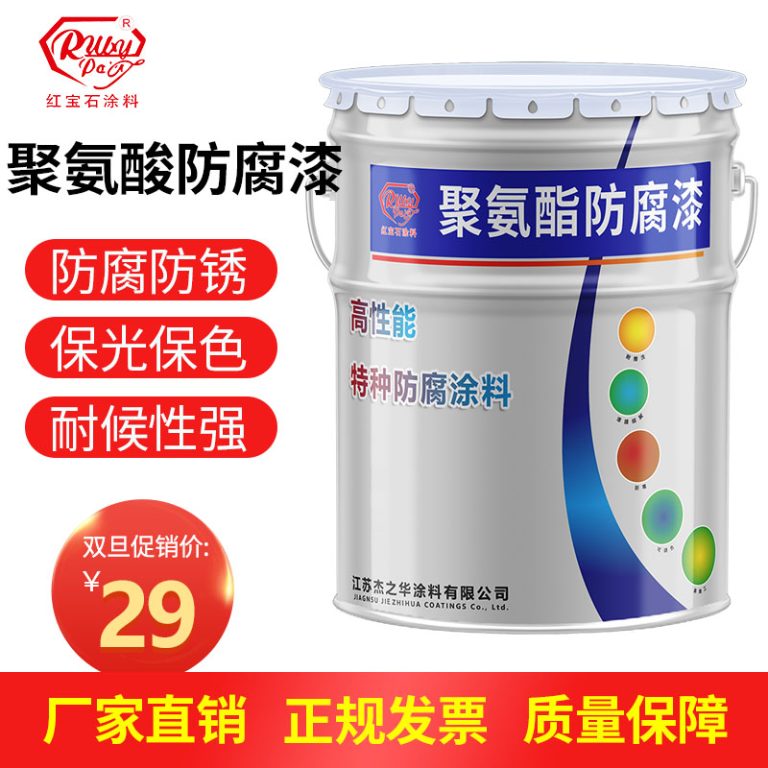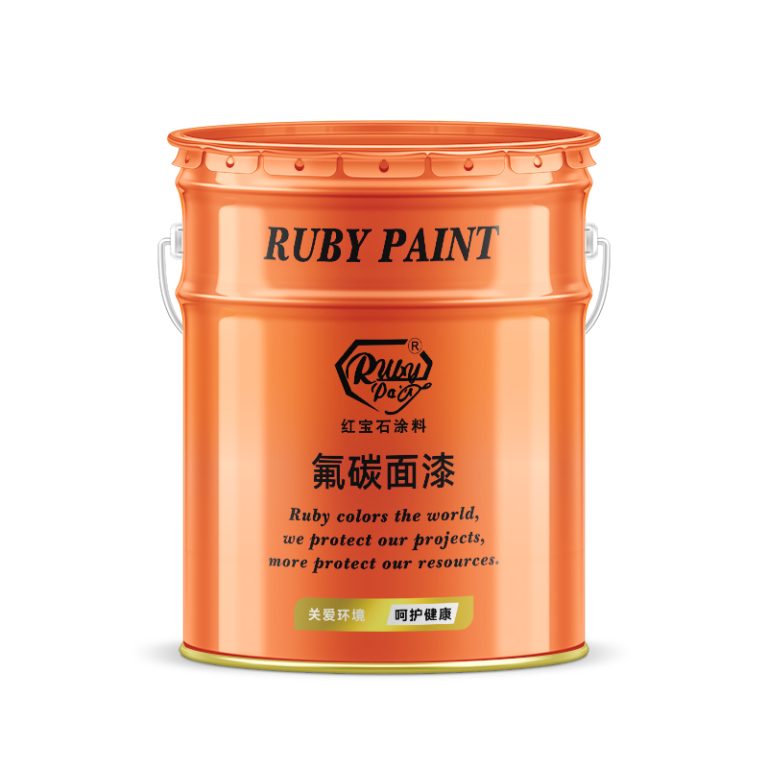Table of Contents
Factors Affecting the Durability of Alkyd Paints
Alkyd paint, a popular choice for both interior and exterior applications, is renowned for its exceptional durability and aesthetic appeal. However, the longevity and performance of alkyd paint can be influenced by a variety of factors, which are crucial to consider to ensure optimal results.
One of the primary factors affecting the durability of alkyd paints is the quality of the paint formulation itself. High-quality alkyd paints contain a higher concentration of resin, which provides a tougher and more resilient finish. Additionally, premium paints often include additives that enhance the paint’s resistance to environmental factors such as UV rays, moisture, and temperature fluctuations. On the other hand, lower-quality alkyd paints may have a higher percentage of solvents and fillers, which can compromise the paint’s durability and lead to issues such as fading, chalking, and peeling over time.
Surface preparation is another critical factor that can significantly impact the longevity of alkyd paint. Properly preparing the surface ensures that the paint adheres well and forms a strong bond with the substrate. This involves cleaning the surface to remove dirt, grease, and other contaminants, as well as sanding or priming if necessary to create a smooth and receptive base for the paint. Neglecting surface preparation can result in poor adhesion, leading to paint failure and reduced durability.
Environmental conditions also play a pivotal role in determining the durability of alkyd paints. Exposure to harsh weather conditions, such as extreme temperatures, high humidity, and intense sunlight, can accelerate the degradation of the paint film. UV radiation, in particular, can cause the paint to fade and lose its gloss over time. To mitigate these effects, it is advisable to choose alkyd paints with UV-resistant properties and to apply them during favorable weather conditions, avoiding extreme temperatures and high humidity levels.
The application technique is another factor that can influence the durability of alkyd paints. Using the appropriate tools and techniques ensures an even and consistent application, which is essential for achieving a durable finish. Brushes, rollers, or sprayers should be chosen based on the specific requirements of the paint and the surface being painted. Additionally, following the manufacturer’s recommendations for the number of coats and drying times between applications is crucial to ensure proper curing and adhesion of the paint.
Maintenance practices also contribute to the longevity of alkyd paint. Regular cleaning and touch-ups can help maintain the appearance and integrity of the paint film. Addressing any signs of damage, such as cracks or peeling, promptly can prevent further deterioration and extend the life of the paint. Moreover, using gentle cleaning methods and avoiding abrasive materials can help preserve the paint’s finish and prevent unnecessary wear.
| Serial Nr. | Product Name |
| 1 | Epoxy Zinc rich paint |
In conclusion, the durability of alkyd paints is influenced by a multitude of factors, including the quality of the paint formulation, surface preparation, environmental conditions, application technique, and maintenance practices. By carefully considering these factors and taking appropriate measures, it is possible to maximize the longevity and performance of alkyd paints, ensuring a beautiful and durable finish for years to come.
Comparing the Longevity of Alkyd Paints to Other Paint Types
Alkyd paint, a synthetic resin-based paint, has been a popular choice for both interior and exterior applications due to its exceptional durability and resistance to wear and tear. When compared to other types of paint, such as latex or acrylic, alkyd paint often stands out for its ability to withstand harsh environmental conditions and maintain its aesthetic appeal over time.
One of the key factors contributing to the longevity of alkyd paint is its oil-based formulation. The oil content in alkyd paint allows it to create a harder, more protective film once it dries. This film is highly resistant to moisture, making alkyd paint an excellent choice for areas exposed to humidity or direct contact with water. In contrast, water-based paints like latex and acrylic are more susceptible to moisture penetration, which can lead to peeling, blistering, and other forms of degradation over time.
Furthermore, alkyd paint is known for its superior adhesion properties. It adheres well to a variety of surfaces, including wood, metal, and previously painted surfaces. This strong adhesion reduces the likelihood of paint flaking or chipping, which contributes to the overall longevity of the paint job. On the other hand, paints that do not adhere as effectively may require more frequent touch-ups or complete repainting, leading to increased maintenance costs and effort.
Another advantage of alkyd paint is its resistance to fading and color retention. Alkyd paints are less prone to fading when exposed to sunlight, thanks to their UV-resistant properties. This is particularly important for exterior applications where the paint is constantly subjected to direct sunlight. In comparison, some other paint types may fade or discolor more quickly, diminishing the aesthetic appeal of the painted surface and necessitating more frequent repainting to restore its original appearance.
Alkyd paint also offers excellent resistance to abrasion and general wear and tear. This makes it an ideal choice for high-traffic areas or surfaces that are subject to frequent handling or cleaning. The tough, durable finish of alkyd paint can withstand repeated cleaning without losing its gloss or color, whereas other paints might show signs of wear or dullness under similar conditions.
| Serial Serial Number | Products |
| 1 | Epoxy Zinc rich paint |
Despite these advantages, it is important to consider the specific requirements of each painting project when choosing between alkyd paint and other types. For instance, while alkyd paint is highly durable, it typically takes longer to dry and may emit stronger odors during the drying process. These factors might make water-based paints like latex or acrylic more suitable for projects where quick drying times and low odor are priorities.
In conclusion, alkyd paint offers superior durability and longevity compared to many other types of paint. Its resistance to moisture, strong adhesion, color retention, and ability to withstand wear and tear make it an excellent choice for both interior and exterior applications where long-lasting performance is desired. However, the specific needs of each painting project should be carefully considered to ensure that the chosen paint type meets all requirements for both performance and convenience. By weighing these factors, homeowners and professionals alike can make informed decisions that lead to beautiful, enduring results.
